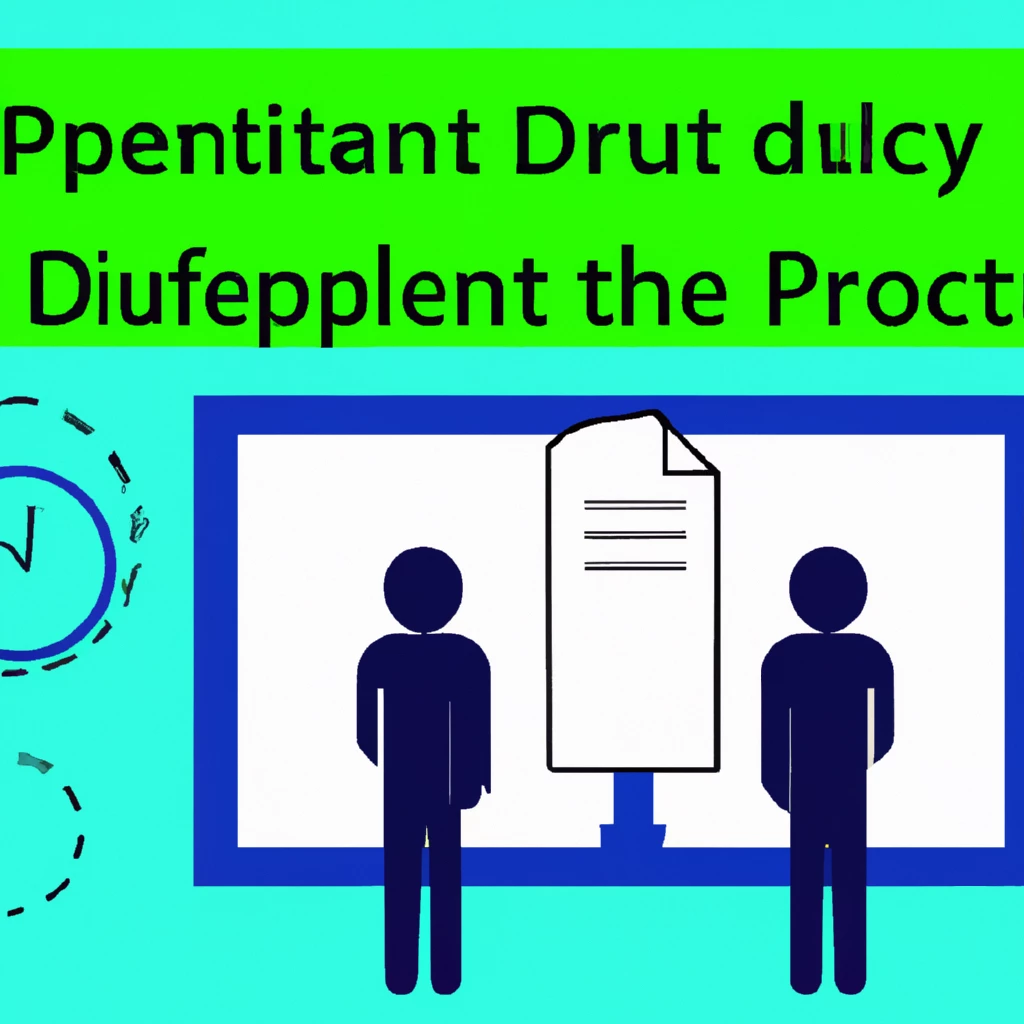What Is Delivered Duty Paid (DDP)?
Delivered Duty Paid (DDP) is a delivery agreement where the seller takes on all responsibilities, risks, and costs associated with shipping goods until they reach the buyer at the destination port. This agreement encompasses shipping costs, export/import duties, insurance, and other related expenses up to the agreed destination in the buyer’s country.
In contrast to Deliver Duty Unpaid (DDU), DDP ensures that the seller bears the bulk of shipping liabilities and expenses.
Understanding Delivered Duty Paid (DDP)
Delivered Duty Paid involves the seller assuming maximum responsibility in shipping agreements. Alongside shipping costs, the seller handles import clearance, tax payments, and import duties. The buyer assumes responsibility upon goods arrival at the destination port, necessitating pre-agreement on payment terms and the destination’s name.
Developed by the International Chamber of Commerce (ICC) to standardize global shipping practices, DDP is predominant in international transactions. Buyers benefit from reduced liability and costs, putting significant burdens on sellers.
Seller’s Responsibilities
The seller oversees transportation via any carrier, covering associated costs and securing customs clearance in the buyer’s country. Responsibilities also include export documentation, meeting customs requirements, and final delivery to the destination port.
Additional seller tasks encompass sales contract preparation, export clearance, satisfying customs conditions, and payment of transportation costs to the destination. Proof of delivery, inspection fees, and goods alert to the buyer are imperative in a DDP scenario.
The seller shoulders costs from lost or damaged goods during transit in DDP transactions.
Managing Customs
Customs clearance complexities vary by country, favoring buyers’ familiarity with the process in some instances.
Failure to clear customs can disrupt DDP shipments, leading to delays and potentially increased costs.
Special Considerations
DDP suits stable supply cost settings and is primarily used by experienced suppliers. Concerns for U.S. exporters include VAT, storage costs, and potential bribery risks.
Importers may face limited information and cost padding by sellers for DDP shipments, potentially leading to delays and unreliable transport services.
Poor DDP management can result in customs examinations and late shipments due to cost-saving measures by the seller in transport choices.
DDP plays a crucial role in Customer Relationship Management (CRM) for delivery firms, warranting investment in top CRM software.
What Does DDP Mean for an Exporter?
DDP places all risk and costs on the seller, who handles export and import duties and clearances.
What Is the Difference Between DDP and DDU?
Delivered Duty Unpaid (DDU) necessitates the customer’s payment for destination customs charges, while Delivered Duty Paid (DDP) mandates the shipper to cover all customs expenses for shipment delivery.
What Are the Various Incoterms?
Incoterms delineate buyer-seller terms in trade contracts, incorporating EXW, FCA, CPT, CIP, DAP, DPU, DAF, DEX, DDP, DDU, FAS, FOB, CFR, and CIF.
